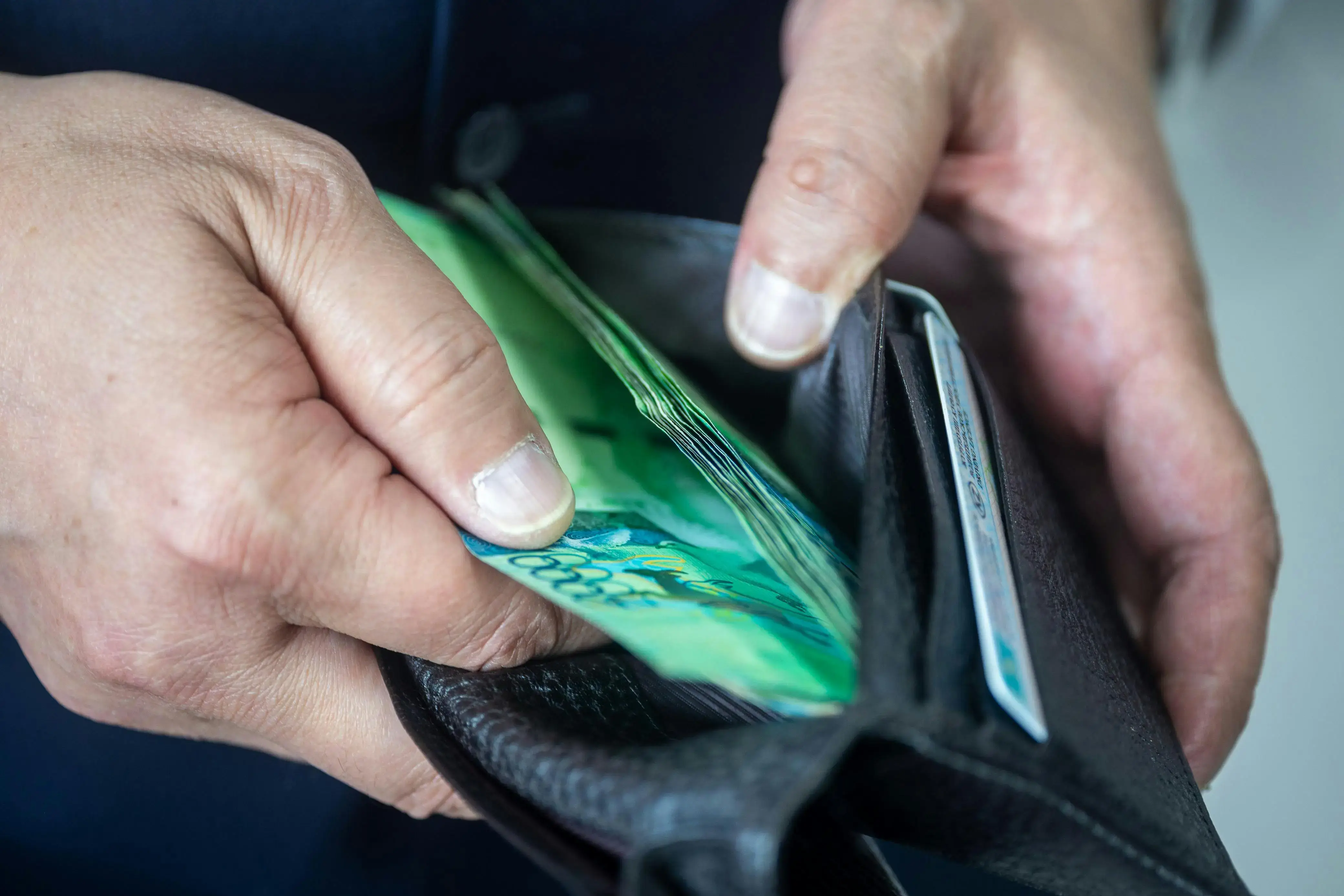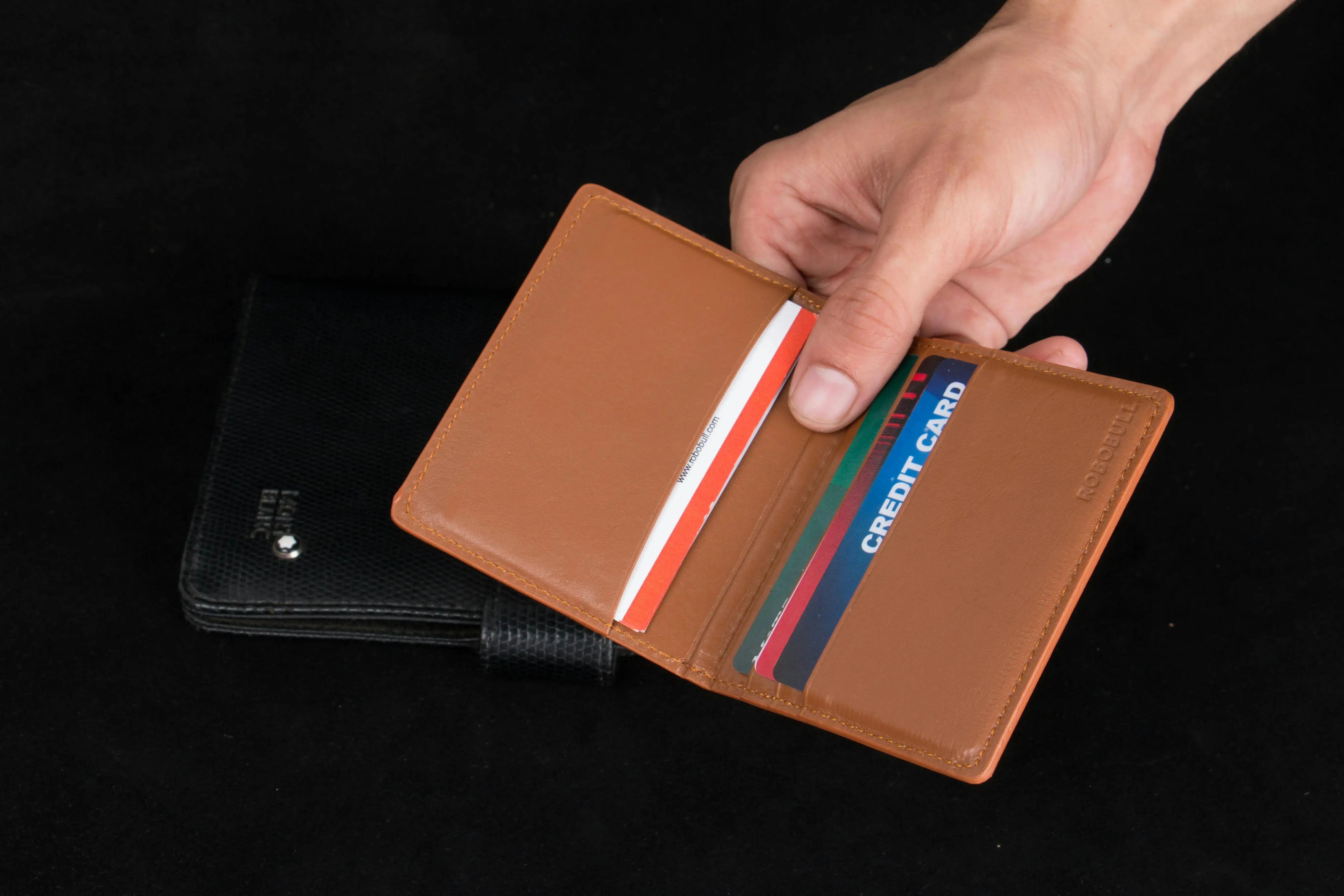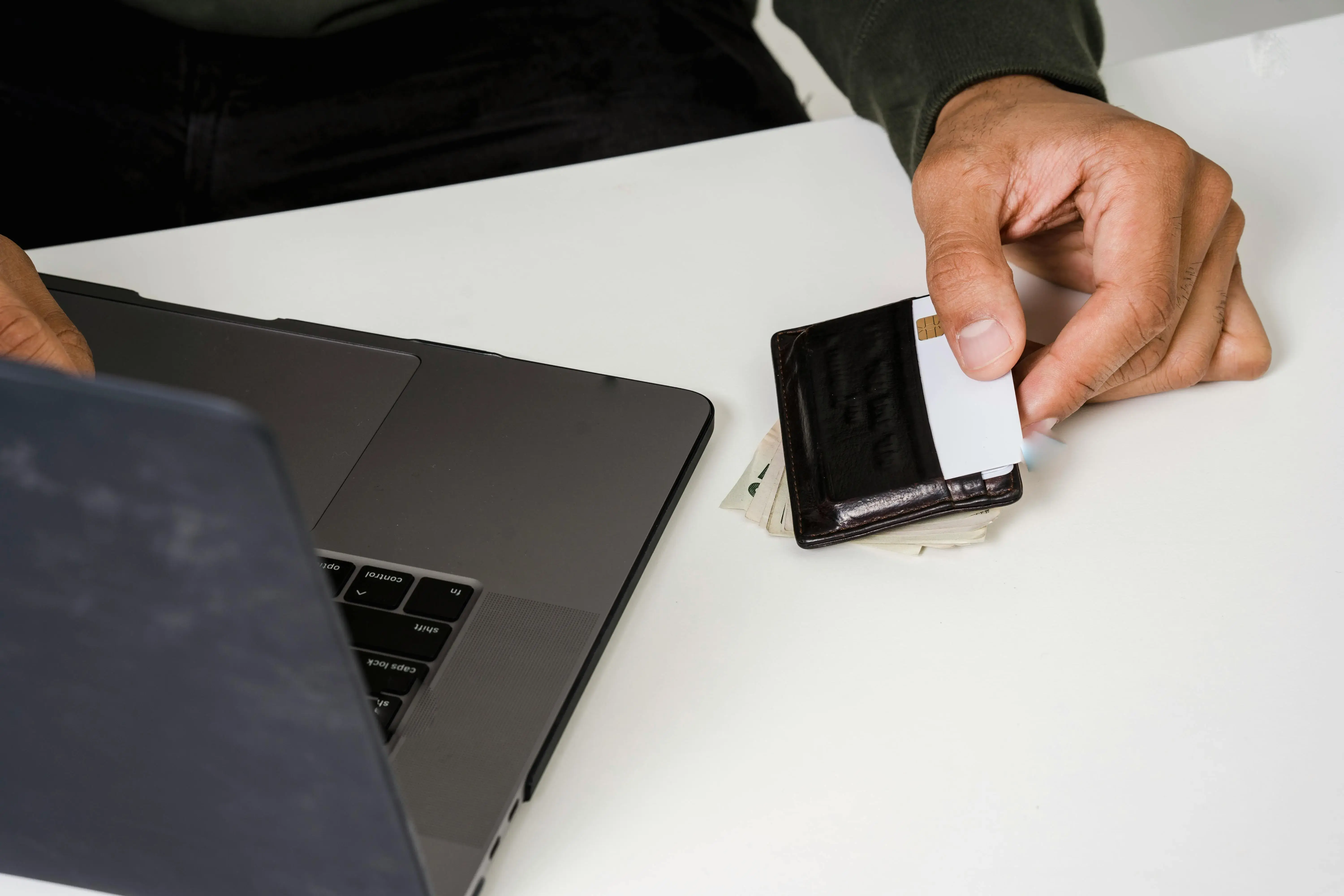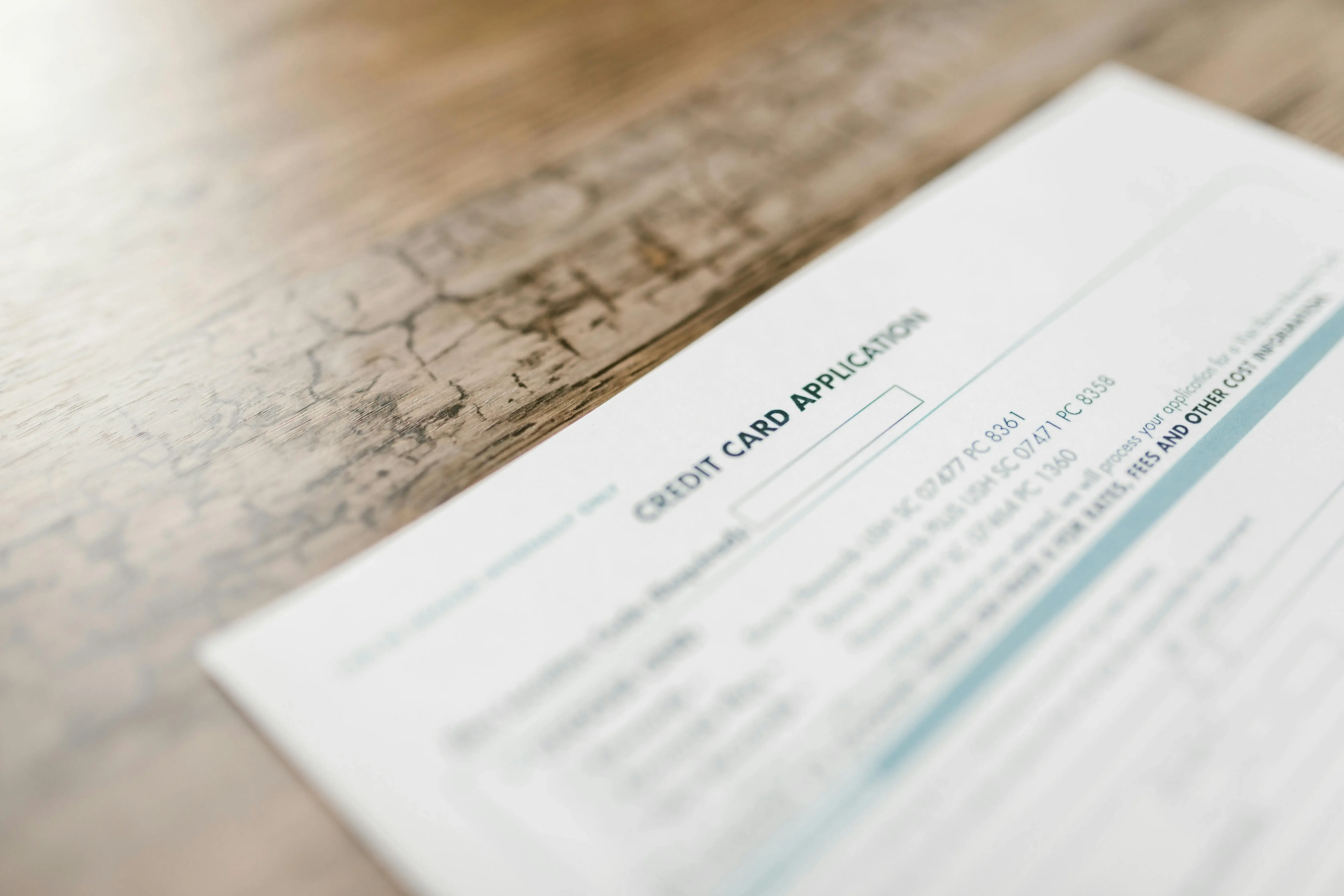
Kudos has partnered with CardRatings and Red Ventures for our coverage of credit card products. Kudos, CardRatings, and Red Ventures may receive a commission from card issuers. Kudos may receive commission from card issuers. Some of the card offers that appear on Kudos are from advertisers and may impact how and where card products appear on the site. Kudos tries to include as many card companies and offers as we are aware of, including offers from issuers that don't pay us, but we may not cover all card companies or all available card offers. You don't have to use our links, but we're grateful when you do!
Does Fraud Affect Your Credit Score?
July 1, 2025


Quick Answers
The act of fraud itself does not directly lower your credit score; however, the fraudulent accounts, inquiries, and balances that result from it can cause substantial harm.
Hard inquiries from unauthorized credit applications can cause a temporary dip in your score, serving as an early warning sign of fraudulent activity.
Once fraudulent items are successfully disputed and removed from your credit report, any negative impact on your score is typically reversed.
What Is Fraud?
Fraud is the act of intentional deception to secure unfair or unlawful gain, often at another's expense. This can manifest in various forms, including identity theft, credit card schemes, and insurance scams. At its core, fraud involves a deliberate misrepresentation of information to mislead an individual or entity.
When criminals commit fraud, they may use stolen personal information to open new credit accounts without the victim's knowledge. These unauthorized accounts can quickly accumulate debt, leading to missed payments and high credit utilization ratios reported to the major credit bureaus. Consequently, this fraudulent activity can significantly lower a person's credit score, impacting their ability to obtain loans or other forms of credit.
How Fraud Can Affect Your Credit Score
Identity theft can do more than drain your bank account; it can wreak havoc on your credit score. The damage isn't instant but unfolds through a series of damaging events.
- It begins when a thief uses your stolen information to apply for new credit cards or loans. Each application can trigger a hard inquiry, causing an initial dip in your score.
- Once approved, the fraudster racks up charges. This increases your credit utilization ratio—a key factor in credit scoring—which can significantly lower your score as balances climb.
- Because the thief won't pay the bills, the accounts become delinquent. These missed payments are reported to credit bureaus, severely damaging your payment history and overall score.
- Eventually, the unpaid debts may be sent to collections or charged off by the lender. These are major negative events that can stay on your credit report for years.
How Much Will Fraud Affect Your Credit Score?
The extent to which fraud can damage your credit score depends on several variables. The following factors determine the severity of the impact.
- Type of Fraud. The nature of the fraudulent activity is a primary factor. A single unauthorized charge is less damaging than a new loan opened in your name.
- Time to Detection. How quickly you identify and report the fraud is crucial. The longer fraudulent accounts remain active, the more they can harm your score.
- Reporting and Resolution. The speed of the investigation also matters. Prompt action by creditors and bureaus to remove fraudulent information can mitigate the damage significantly.
How You Can Avoid Fraud Affecting Your Credit Score
Regularly Monitor Your Credit Reports
Frequently reviewing your credit reports from all three major bureaus is essential. This practice helps you quickly spot unauthorized accounts or inquiries, allowing you to dispute fraudulent activity before it can significantly harm your credit score. Early detection is your best defense against lasting damage.
Secure Your Personal Information
Protecting your sensitive data is a critical preventative step. Use strong, unique passwords for online accounts, be cautious of phishing attempts, and avoid sharing your Social Security number unnecessarily. Securing your information at the source makes it harder for thieves to commit fraud.
Consider a Credit Freeze
A credit freeze restricts access to your credit report, making it difficult for fraudsters to open new accounts in your name. This proactive measure is one of the most effective ways to stop identity theft before it starts, though you must temporarily lift it for legitimate credit applications.
Ways to Improve Your Credit Score
Improving your credit score is an achievable goal that relies on consistent, positive financial behaviors. While it's a gradual process, following proven methods can lead to meaningful changes within a few months.
- Monitor your credit reports. Regularly check your reports from all three major bureaus for inaccuracies or signs of identity theft and dispute any errors you find.
- Set up automatic payments. Since payment history is the most significant factor in your score, automating payments ensures you never miss a due date.
- Lower your credit utilization ratio. Aim to use less than 30% of your available credit, as this is the second most important factor in your score calculation.
- Become an authorized user. You can get added to the credit card of someone with a strong payment history, which can help build your own credit file if the account is reported to the bureaus.
- Diversify your credit mix. Lenders like to see that you can responsibly manage different types of credit, such as credit cards and installment loans.
- Limit hard inquiries. Avoid applying for too many new credit accounts in a short period, and use prequalification tools when shopping for loans to protect your score.
The Bottom Line
Fraudulent activity doesn't directly lower your credit score, but the resulting unauthorized accounts and inquiries can negatively impact it. Disputing these inaccuracies is crucial for restoring your credit health.
Frequently Asked Questions
Can identity theft permanently ruin my credit score?
No, the damage isn't permanent. While fraud can cause a significant drop, you can repair your score by disputing fraudulent activity and having it removed.
How long does it take for a credit score to recover after fraud?
Recovery time varies. Once fraudulent accounts are removed from your report, which can take one to three months, your score should begin to rebound quickly.
Will checking my credit report for fraud lower my score?
No, checking your own credit report is considered a "soft inquiry" and has no impact on your credit score. Regular monitoring is a crucial preventative measure.
Unlock your extra benefits when you become a Kudos member

Turn your online shopping into even more rewards

Join over 400,000 members simplifying their finances

Editorial Disclosure: Opinions expressed here are those of Kudos alone, not those of any bank, credit card issuer, hotel, airline, or other entity. This content has not been reviewed, approved or otherwise endorsed by any of the entities included within the post.


































.webp)
.webp)



.webp)



